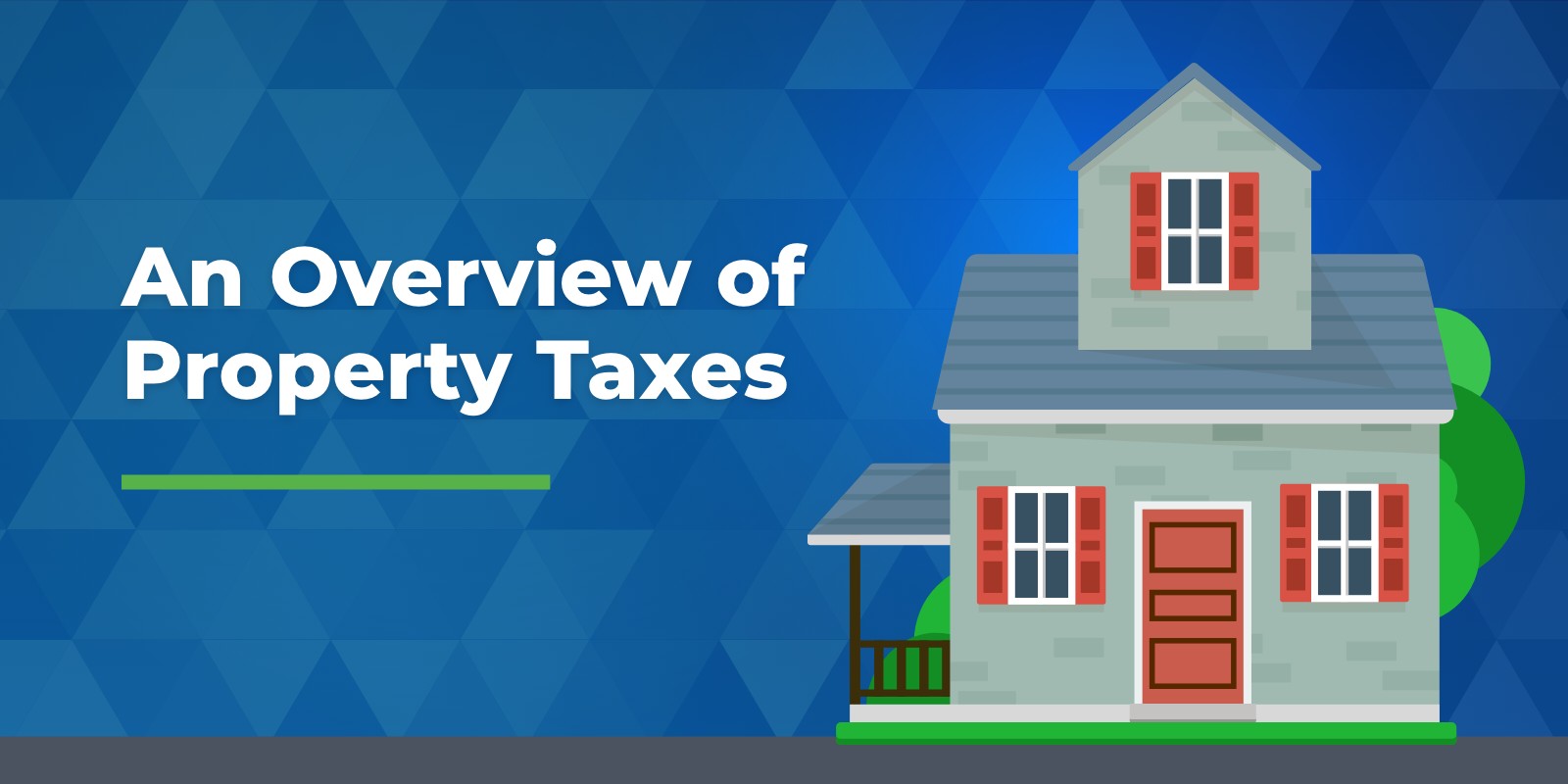
Property taxes are a significant aspect of homeownership and real estate investment. They are levied by local governments and are a critical source of funding for public services such as schools, roads, and emergency services. Property taxes are paid on property owned, either by an individual or a legal entity. How much property tax you are required to pay is determined by the local government where the property is located. Understanding how property taxes work and the rules regarding tax deductions can help property owners manage their finances more effectively.
What Are Property Taxes?
Property taxes are a form of tax levied by local governments on real estate properties, including both land and structures. These taxes are a primary source of revenue for municipalities, counties, and school districts, funding essential public services such as education, transportation, emergency services, and infrastructure maintenance.
How Property Taxes Are Calculated
Property taxes are typically calculated based on the assessed value of the property and the local tax rate, often expressed as a millage rate.
Assessment of Property Value
The assessed value of a property is determined by a local tax assessor, who evaluates the property periodically. This assessment considers various factors, including the property’s size, location, condition, and recent sales of similar properties in the area.
Millage Rates
A millage rate. Sometimes called a mill tax, is the amount per $1,000 of property value that is used to calculate local property taxes. For instance, a millage rate of 20 mills means that $20 in tax is levied for every $1,000 of assessed property value. The mill tax is multiplied by the property value to calculate your assessed value of your property. This is then used to find the fair market value of your property. This figure is multiplied by an assessment rate to calculate your tax bill.
Your property tax bill may be higher or lower than your neighbor’s. One example is if your plot of land is larger. Another is if your home’s assessed value is higher. In some rare cases, your neighbor’s property may fall in a different jurisdiction with a lower mill tax rate, resulting in a smaller tax bill.
Who Pays Property Taxes?
Typically, most owners of property must pay property taxes, whether they are an individual or legal entity. However, there are some groups or property types that are exempt. These include senior citizens, those with disabilities, and military veterans. Additionally, there is a homestead exemption that reduced property tax bills. The rules for exemption vary by state or municipality so it’s best to check with your local and state government. Also note that the agencies that collect property taxes will not always notify you if you do qualify for an exemption and you may need to apply for it on your own.
How to Pay Property Taxes
Property taxes are typically paid annually or semi-annually. Homeowners receive a bill from their local tax authority, detailing the amount owed and the due date. Many mortgage lenders require borrowers to set up an escrow account to cover property taxes and homeowners’ insurance. Each month, the homeowner pays a portion of the estimated annual property tax and insurance costs into the escrow account. The lender then pays the tax bill on behalf of the homeowner when it is due.
What If I Don’t Pay My Property Taxes?
Put simply, failing to pay property taxes can result in a lien on your home. A lien is a legal claim against your property that can be used as collateral to repay the debt owed. If you still do not pay off the balance, the taxing authority can legally sell your home, or sell the tax lien. In this case, the purchaser of the lien can have your home foreclosed or use other methods to obtain the deed to your property. The consequences vary by state. If you’re struggling to pay your property taxes, some local governments offer payment plans or tax deferral programs. These programs can help spread out payments over time and avoid penalties.
Property Tax Deductions
Property taxes can be a significant expense, but homeowners may be able to offset some of the cost through tax deductions. The SALT deduction allows taxpayers to deduct certain taxes paid to state and local governments, including property taxes, from their federal taxable income. You can deduct up to $10,000 per year ($5,000 for married individuals filing separately) in 2024. You can deduct up to $40,000 ($20,000 for married couples who file separately) in 2025. To claim the property tax deduction, homeowners must itemize their deductions on Schedule A of their federal income tax return. Itemizing is only beneficial if total itemized deductions exceed the standard deduction.
For rental properties and investment real estate, property taxes are considered a business expense and can be deducted from rental income. This deduction is not subject to the SALT cap. Homeowners who use part of their home for business purposes may be eligible for a home office deduction. However, only the portion used for business can be deducted.
Tax Relief for Homeowners
It goes without saying that all property owners should stay on top of their property tax bills. Understanding how property taxes are assessed and the rules for tax deductions can help homeowners and real estate investors manage their tax burden more effectively. Always stay informed about changes in tax laws and consult with a tax professional to ensure you are maximizing your deductions and complying with all regulations. Optima Tax Relief is the nation’s leading tax resolution firm with over $3 billion in resolved tax liabilities.
If You Need Tax Help, Contact Us Today for a Free Consultation